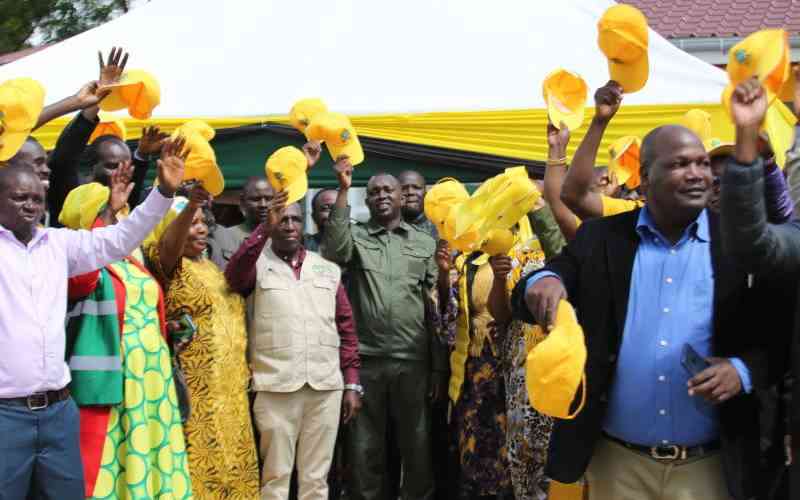×
The Standard e-Paper
Smart Minds Choose Us

Disinterest by candidates to enroll in the United Democratic Alliance (UDA) grassroots elections led to the suspension of the December 9 exercise, sources have told The Standard.
The elections were to start at polling stations where 20 committee members would be physically elected with all other election activities carried out electronically.